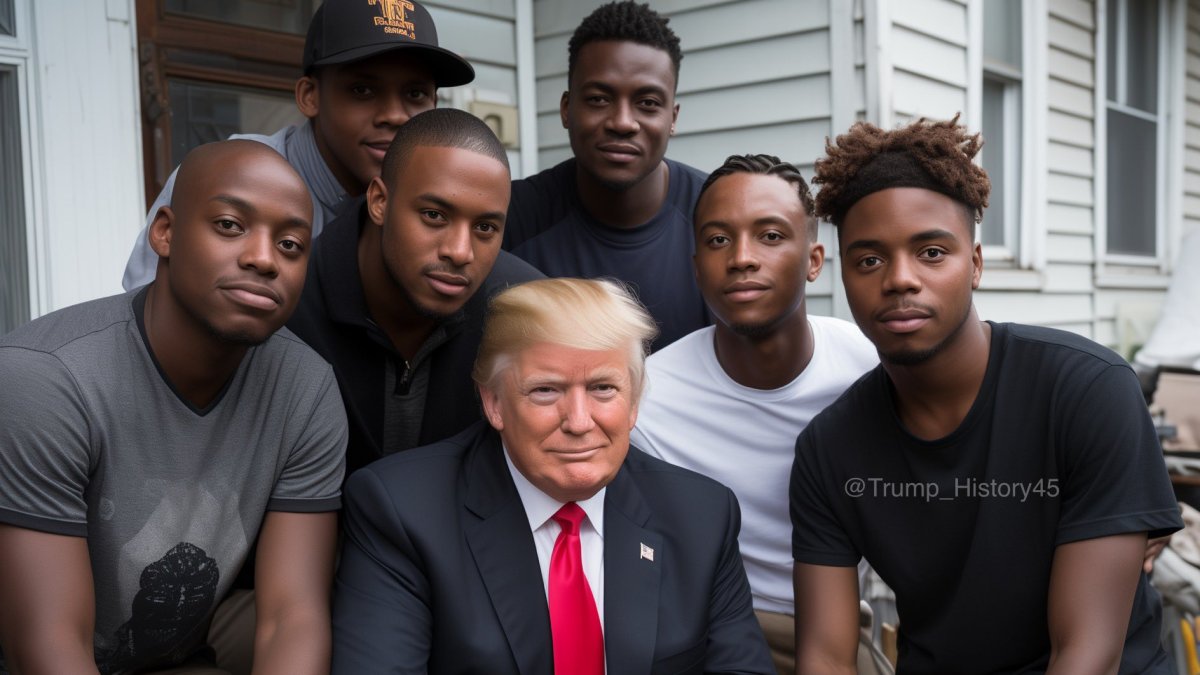Jimmy Higgins
Contributor
- Joined
- Jan 31, 2001
- Messages
- 50,614
- Basic Beliefs
- Calvinistic Atheist
While the article seemed to imply confusion, it sounds like a 7-2 decision in favor of social media... in that social media companies can moderate their content.
What I find absurd, however, is how this hypothetical is being talked about as if it were something that was actually happening... ie... social media companies are censoring conservatives.
Blatant misinformation was censored at times, but that has been about it. Trump got banned for egging on a riot at the US Capitol Building... and conservatives... well... it is really too depressing to continue there.


